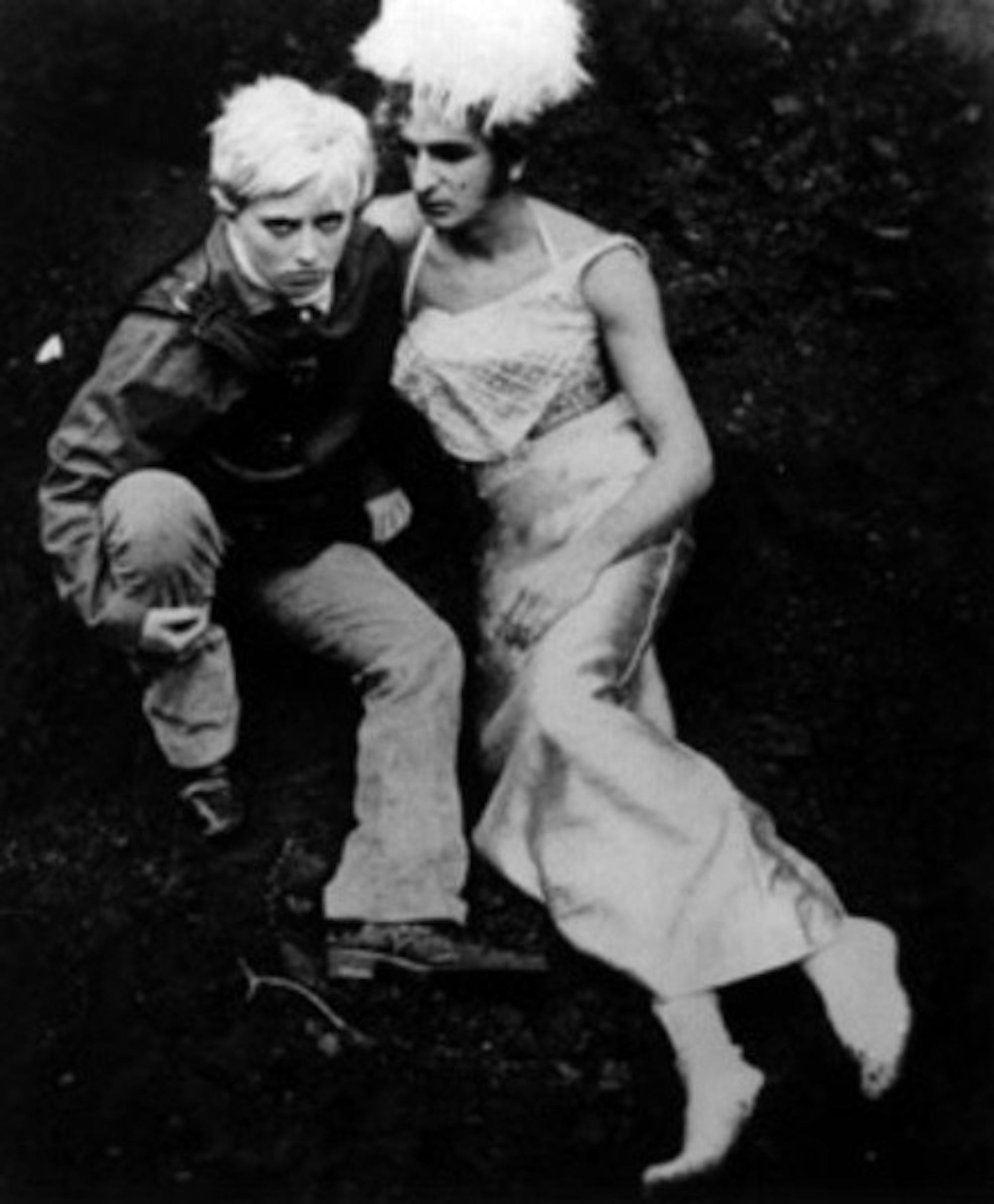The director then went on to elaborate on how he ate his own coagulated blood, in response to the vampirism rumors spread by Sergio Klainer, the star of Jodorowsky's first full-length film, "Fando y Lis" (1968).
Jodorowsky was never one to shy away from challenging conventions. This particular quotation may sound ridiculous, but considering that the premiere of this film caused a literal riot in Mexico, such constant eccentricity was not a laughing matter.
"People literally wanted to kill me," Jodorowsky said.
The savagery and the provocative sexuality of "Fando y Lis" was apparently far too shocking for the audience at the 1968 Acapulco Film Festival. Jodorowsky was rushed out of the theater, due to fears for his safety -- quite the start to a film career.
Anyone familiar with avant-garde theater and cinema probably knows the name Jodorowsky. He has become something of the contemporary Renaissance man, with a hand in everything from mime to comics to therapy. It is no wonder that his first full-length film, "Fando y Lis," has become somewhat obscured with the passage of time. Even as a filmmaker, his later releases, "El Topo" (1970) and "The Holy Mountain" (1973) have largely overshadowed his film "debut." It would be a mistake, however, to favor his more widely praised works over "Fando y Lis." Before Jodorowsky plunged headfirst into the esoteric ritualism of spiritual self-discovery, he seemed fascinated by something more basic -- human relationships. "Fando y Lis" is a spectacular showcase of just that.
Loosely based on Fernando Arrabal's absurdist theatrical play of the same name, this film is all passion and little technique. Jodorowsky himself admitted that he did not attempt to make this film a tour de force of cinematic technicality. Rather, it is a simple story, told roughly and boldly.
With a fresh, natural spontaneity, "Fando y Lis" has every resemblance to an actual nightmare. The film absorbs the viewer into its twisted logic and incomprehensible sequence of events. It only makes sense as a dream would make sense.
The story begins as something of a fairy tale. A soothing low voice lulls the viewer into Jodorowsky's dream-like vision as the credits roll over strange ancient etchings. The narrator speaks of the mythical city of Tar -- a city of dreams, a paradise. We then meet the couple, Fando and Lis, who will try to seek out this heavenly city from the shattered wasteland of their reality.
Fando, played by Sergio Klainer, is a moody, energetic harlequin who, though short-sighted and strange, is charming at his best and downright frightening at his worst. His girlfriend Lis, played by Diana Mariscal, is a passive, emotional young woman paralyzed from the waist down. Throughout most of the movie, Fando either carries her or wheels her around on a strange, archaic cart with a gramophone. The wholehearted trust and dependence that Lis exhibits toward Fando is complemented perfectly by Fando's devotion and tenderness -- until the narrative progresses down a road of corruption and irrational savagery.
The reason why the moments of cruelty are so disturbing is because Jodorowsky also gives us the exact opposite -- scenes that are so bizarrely adorable that the upcoming violence is made all the more disgusting. For example, a memorable musical montage occurs in the graveyard where Lis softly sings that she will die and no one will remember her. Fando interjects and assures her that he will come visit her grave with flowers and a dog, which immediately becomes the main line in a brassy song that is strongly reminiscent of Day of the Dead festivities in Mexico. The whole sequence is essentially just Fando and Lis posing as caricature corpses on graves, as the bizarre dirge-carol plays on. But there is such a playfulness to the scene that one cannot help but view the sequence as anything but heart-warming.
Despite my high opinion of this film, I am certain that not everyone will appreciate its distinct charm. The riot in Mexico probably made that obvious, but the potential viewer should understand that this is not a conventional film. If you are looking for a coherent, traditional narrative, this is not the film for you. The biggest complaint that this movie has garnered from contemporary critics is that it is largely lacking direction. But the film is really just a dream -- an epic, bizarre nightmare that makes perfect sense if you allow yourself to think of it on its own terms. If you do, you will find it more haunting than anything you have ever dreamt.




